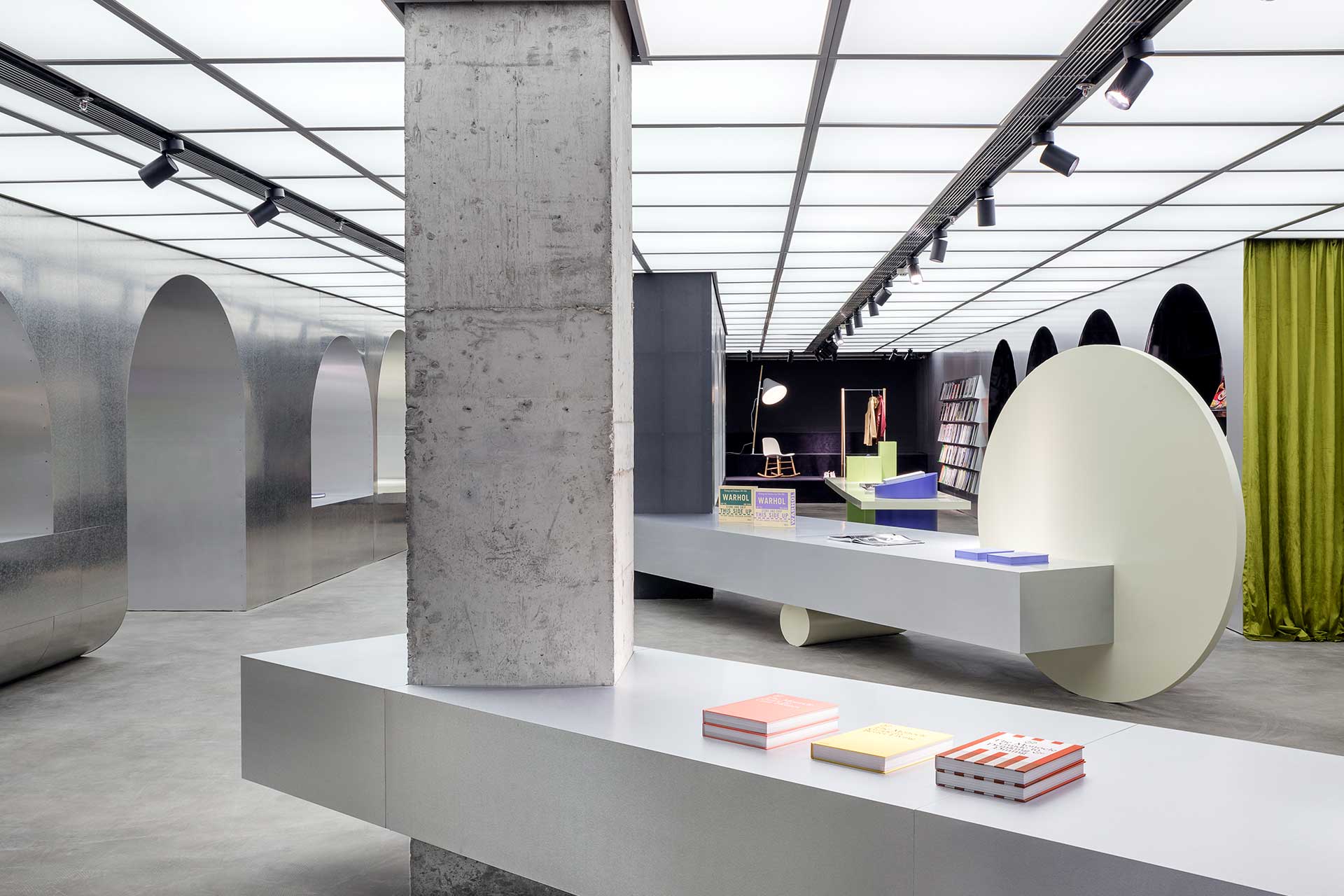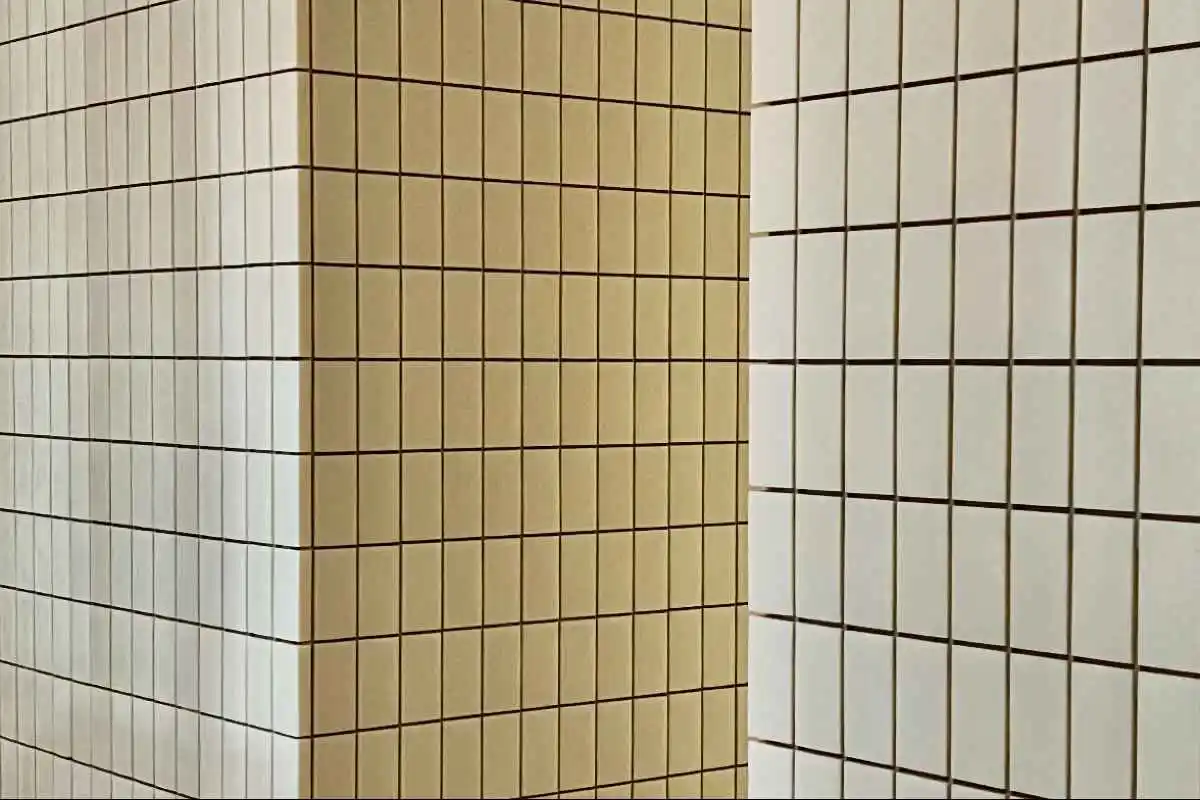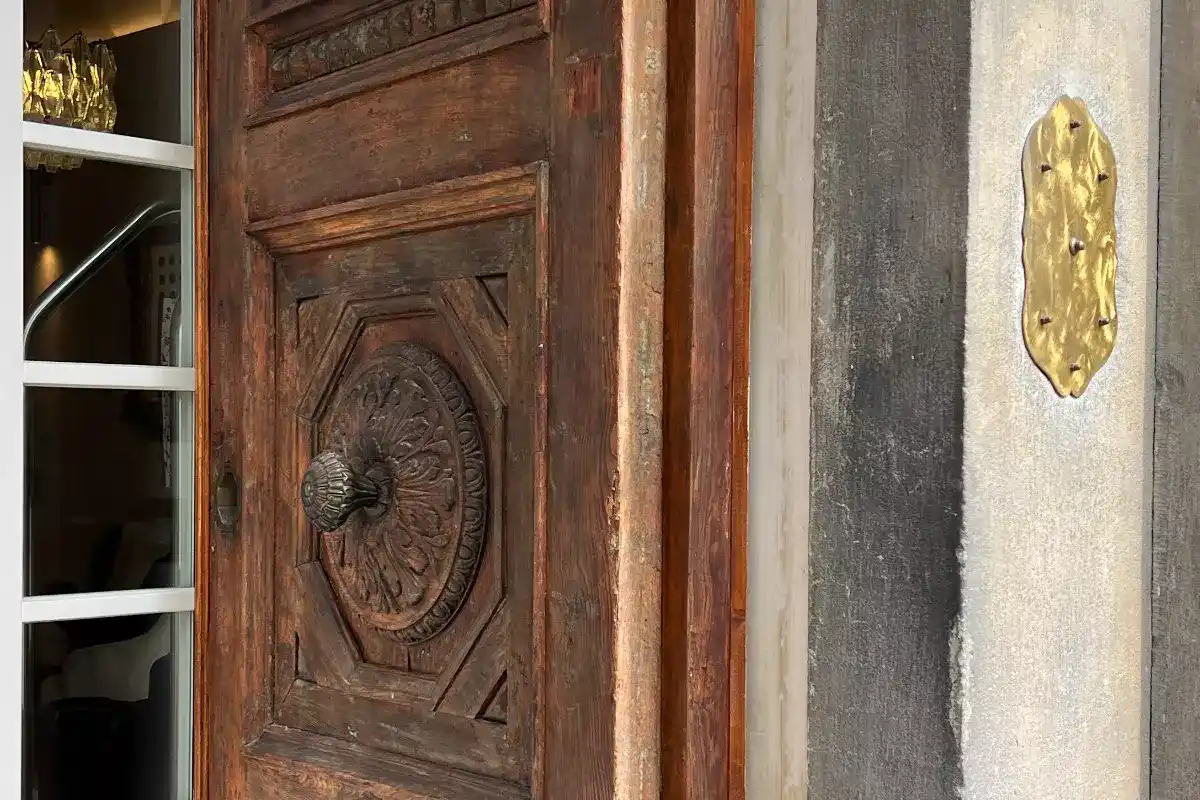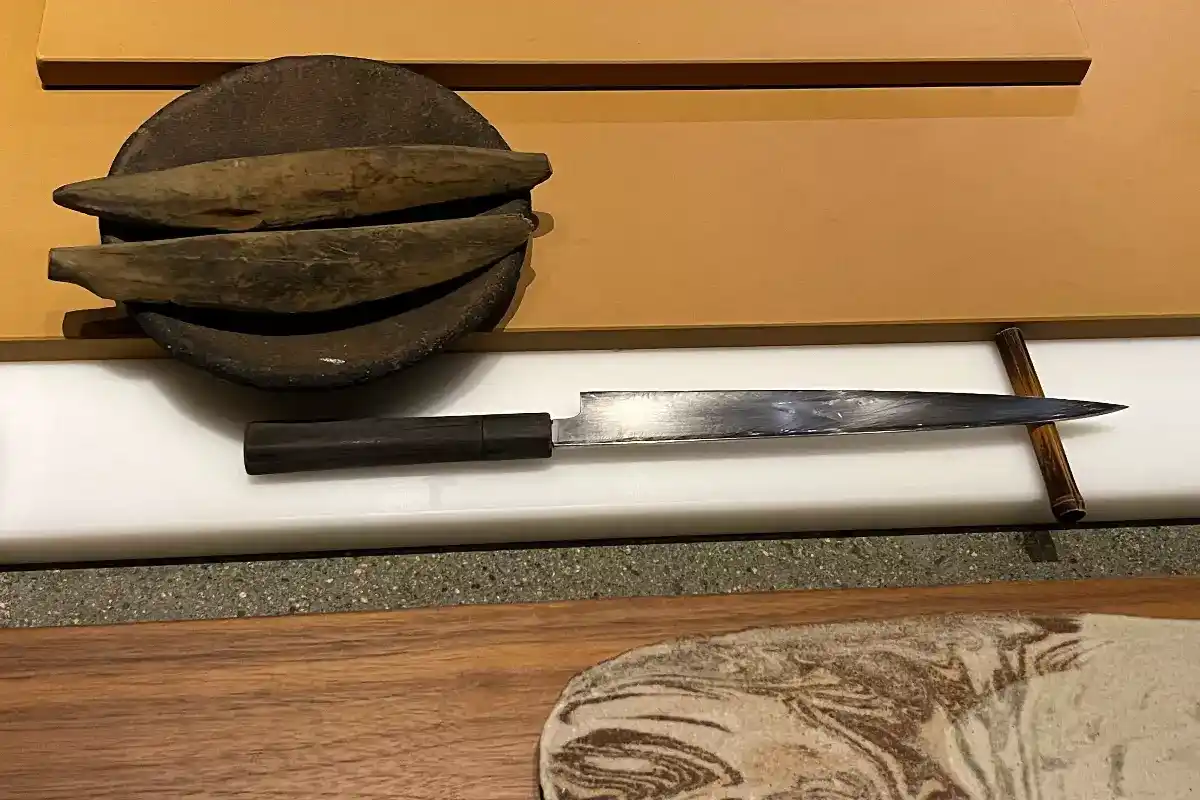Incorporating a showroom for Danish furniture brand Norman Copenhagen, the bookstore toys with intersection, complexity and contradiction
The Harbook Hangzhou bookstore in Hangzhou, China was designed by Alberto Caiola. Founding the Alberto Caiola studio in 2014, he has designed July’s Flowers retail, Flask and Tiger Bites cocktail bar and F.E.D. Flower Eat Drink hospitality. The studio attends to the lifestyle elements instilled into their work. Designing spaces, Caiola expects individuals to stop and take a second-look as they view his work, «whether they stay there for a second, enter the venue, or take a picture». Intrigued by structure and taking things apart, Caiola has aspired a career in architecture from the time he can remember. «My job is to translate stories into spaces in order to connect with people. As human beings we evolve and our work grows with us. A combination of past and future have been informing my design». Through his work, a digital connection can be made in Harbook Hangzhou bookstore. «Literature and books need nonconcrete translation and representation. Intersection, complexity and contradiction are aspects which form past and future tenses. With this paradox, the objective is to escape the audience from their comfort zone, disrupt their expectation and invite them on a journey». Caiola decided to take an altered approach to the design of Harbook Hangzhou. Stating that the visual proficiency is the first thing one experiences, Caiola concerns that it needs to be forward in order to generate a spark. The bookstore blurs the boundaries between fantasy and reality through the design elements of the space. Alongside books, the Harbook Hangzhou incorporates a showroom for Danish furniture brand Norman Copenhagen.
Alberto Caiola has referred to creating dream spaces. Through the interior design, the bookstore resonates in steel archways and dusky-pink geometric finishes, featuring hints of hues placed around the space. Placing a color palette that contrasts, was done in order to demonstrate the environments ability to work with textures and shades. Harbook Hangzhou takes on levels. Separating the stores parts and merging them through lifestyle involvements. Alberto describes the bookstore to have been divided into levels before they began working. «The idea was to bring the space together using the staircase in order to blend and create a scheme people could navigate through». Black platforms on tiered levels are featured across the store. For the purpose of showcasing displays of furniture, Harbook has been designed to host a collection of activities. «For centuries, the city- and its West Lake – has stimulated writers, philosophers and poets», as understood by the Alberto Caiola studio. «Harbook continues this legacy, expanding the city to include nods to European traditions, with a progressive approach». Transecting the six-hundred square meter space is an expenditure of arches reminiscent to Italian porticos. Stretching the consumers experience, «the idea was to imitate city life within Harbook. I wanted to incorporate city capabilities; socializing, cultural exchange, shopping and dining. The porticos run along the streets in north Italy. They provide shelter from weather, which in return enables people to continue to take-in the surroundings of the city». Featuring an open plan space, «the way you display objects changes the way you navigate through a space», says the architect. «The space needs to be designed with flexibility in mind. You need to propose ideas for the owner to curate the store according to its theme». Through this flexibility, Harbook can adapt itself to a form of curation when needed. Playing a factor to the designer’s purpose, it allows the consumer to witness a revised display within the space each time they visit.
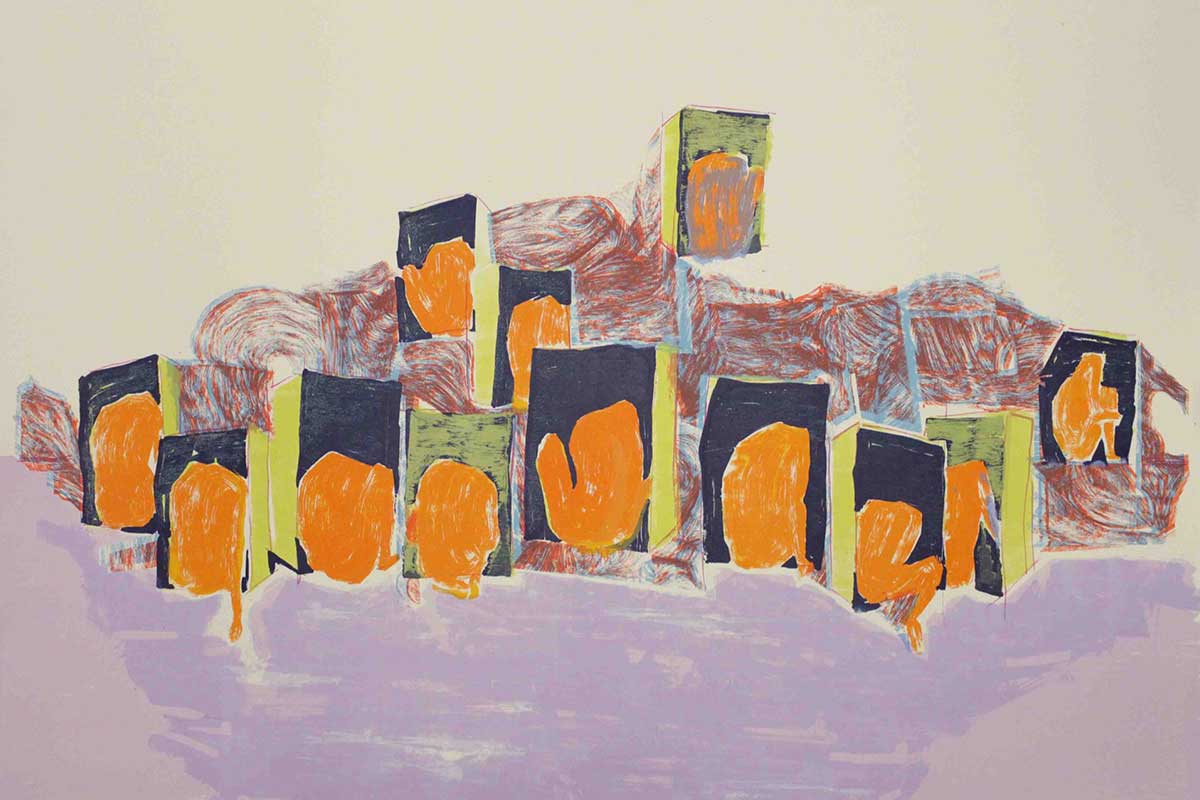
Overlooking the city’s West Lake is the Harbook Hangzhou café. Situated above the staircase, the café echoes in pink structures accentuated by a floor made from Chinese bricks. «Used as an outdoor material, Chinese bricks contested the café’s design elements conveying a sense of culture from the past». Harbook Hangzhou is complete with lighting proficiencies. Describing the space to be suffocating due to its high-ceiling, Alberto installed an overhead gridded LED light installation, stretching across the ceiling of the bookstore, resembling that of star light. Alberto Caiola labelled his notions towards sustainability being a long-term goal. «It is about creating something that will last. The principal of anything is its span of existence», states Caiola. He anticipates elements of his projects to reincarnate within the space it was designed, «this is how we approach sustainability as a brand». In terms of sparking a reaction between the urban consumer and the store, the experience one receives is the final product. «Harbook is a universe which works to create its story. I would not take an element out of that universe».
«The retail and design scene have grown; it is contaminated with ideals ready for architects to design any form of work in this industry. It had been quite static in the past decades. It is now that brands are expressing themselves as they speak out about their story. An ideology based in the interests of aspiration and need for human connection». A globalized approach to architecture is taking place, he says, «receiving inputs from the web contributes to our interests in adopting a dialogue». The architect suggests adjusting the details of architecture in order to meet contexts and target audience. Caiola has maneuvered phases in his career, «the first design we did, achieved a twenties era theme replicating a narrative that has been going on in parts of the world to resemble that atmosphere». He stated, «we need to define a story within our brand which suits our time and environment, taking reference from the past». The future aspires towards a dynamic of brands for Alberto Caiola studio. The design team works on temporary-installations, exhibitions and pop-up stores. «These are formats which take precedence within society. Reduced investment is a factor, but it is the experimentation of target groups which is at the forefront of our purpose of growth».
IMAGE GALLERYHarbook Hangzhou
Hubin Yintai 77D
Shangcheng, Hangzhou
Zhejiang, China


